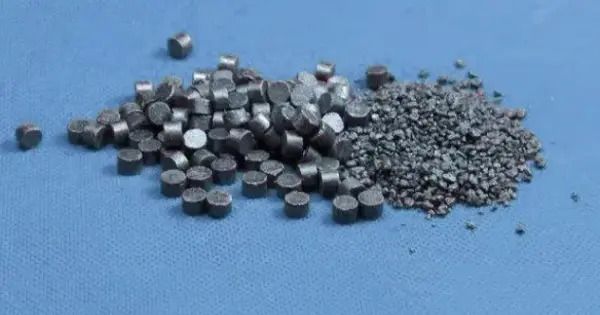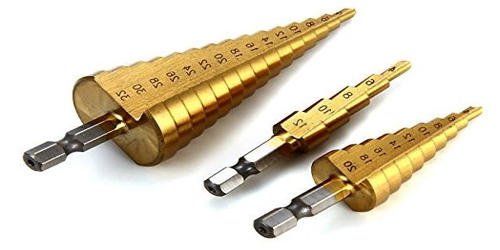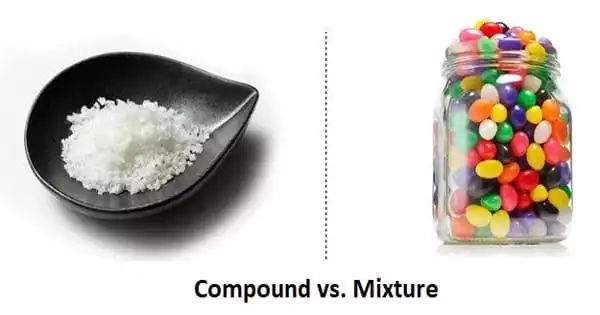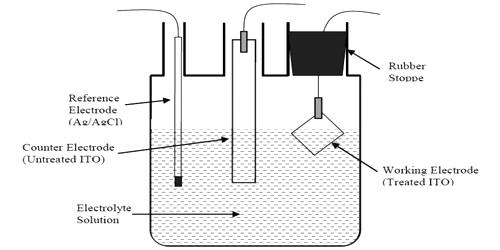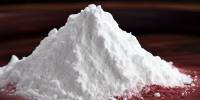Hafnium carbide (HfC) is a chemical compound that combines hafnium with carbon. It stands out for its extraordinarily high melting point, making it one of the most refractory binary compounds known. Previously, the material was thought to have a melting temperature of approximately 3,900 °C. More recent testing have definitively proven that the compound has an even greater melting point of 3,958 °C, surpassing that of tantalum carbide and tantalum hafnium carbide, which were previously thought to be higher.
However, it has a low oxidation resistance, with the oxidation starting at temperatures as low as 430 °C. Experimental testing in 2018 confirmed the higher melting point yielding a result of 3,982 (±30°C) with a small possibility that the melting point may even exceed 4,000°C.
Properties
Hafnium carbide has an extraordinarily high melting point of about 3890°C (7034°F), which is one of the highest among known compounds. It is extremely hard, with a hardness comparable to that of tungsten carbide (WC) and titanium carbide (TiC).
- Chemical formula: HfC
- Molar mass: 190.50 g/mol
- Appearance: black odorless powder
- Density: 12.2 g/cm3
- Melting point: 3,958 °C (7,156 °F; 4,231 K)
- Solubility in water: insoluble
Production
Hafnium carbide can be produced through various methods, including high-temperature reactions between hafnium oxide (HfO2) or hafnium metal and carbon sources like graphite.
Applications
- Refractory Material: Due to its high melting point and hardness, hafnium carbide is used in applications where extreme heat resistance and durability are required. This includes coatings for materials exposed to high temperatures, such as rocket engine nozzles and turbine blades in gas turbines.
- Ceramics: It is used as a ceramic material, often in combination with other carbides, to enhance the properties of the resulting composite material.
Researchers are continually exploring its properties and potential applications, especially in fields requiring materials that can withstand extreme environments.
Overall, hafnium carbide’s combination of high melting point and hardness makes it a valuable material in industries where high-performance materials are essential, particularly under conditions of extreme heat and wear.
